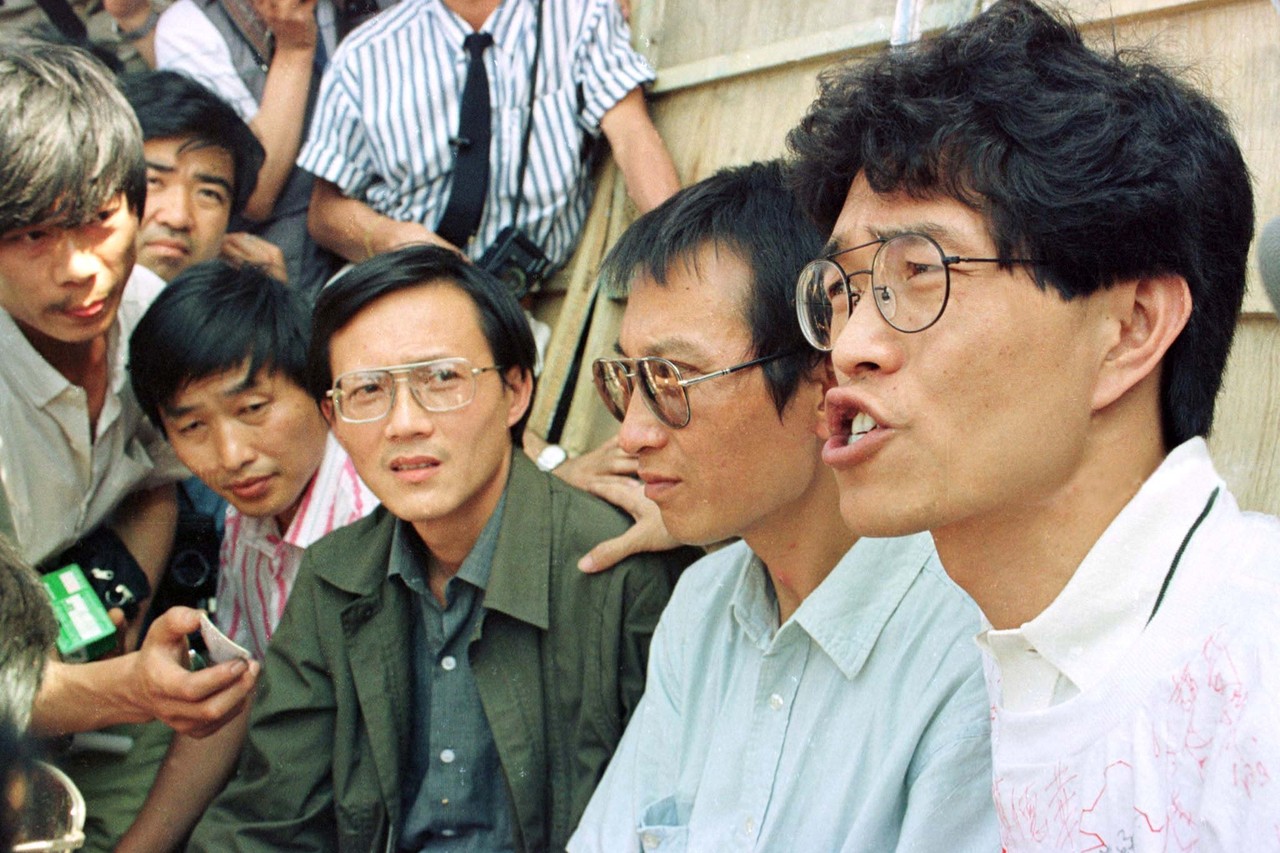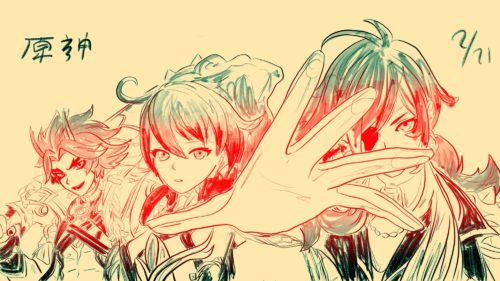How Hou Dejian went from Tiananmen protester to composer of the patriotic song ‘Chinese Dream’

On December 31, 2018, a song called “Chinese Dream” (中国梦 zhōngguó mèng) was performed at a “release ceremony” at a high school in Zhengding, Hebei Province, the city where President Xi Jinping served as party secretary for three years beginning in 1983. The singer was Wang Beibei 王蓓蓓, an operatic soprano who also performed the song earlier that year at a Spring Festival celebration in the UK (above video).
To no one’s surprise, the lyrics conveniently mentioned Xi’s “Chinese dream” and the Belt and Road Initiative:
太平洋太平
tàipíngyáng tàipíng
Peace in the Pacific Ocean
一带一路共赢
yīdài yīlù gòng yíng
Shared victory in One Belt One Road
共建共享共同的世界梦
gòng jiàn gòngxiǎng gòngtóng de shìjiè mèng
Co-build and share the common global dream
中国梦,复兴梦,
Zhōngguó mèng, fùxīng mèng,
Chinese dream, revival dream
与时具进穿越时空
yǔ shí jù jìn chuānyuè shíkōng
Keep pace with the times, crossing the time and space
中国梦,和平梦,
Zhōngguó mèng, hépíng mèng,
Chinese dream, peaceful dream
天下为公世界大同
tiānxià wèi gōng shìjiè dàtóng
The world belongs to all the globe with great unity
While nationalistic songs extolling the Chinese Communist Party and Xi’s Chinese Dream (中国梦 zhōngguó mèng) are not uncommon, one would most certainly not have expected one coming from a Taiwan-born songwriter who once protested at Tiananmen Square with now-deceased Nobel Peace Prize laureate Liu Xiaobo 刘晓波.
Chinese Dream’s composer is Hou Dejian 侯德健, who Xinhua calls a “famous musician” in its recap of the Zhengding event.
Hou was born in 1956 in Taiwan, where he began his music career in the 1970s. He gained his fame after composing “Descendants of Dragon” 龙的传人, a patriotic folk song that became viral in the Chinese-speaking world in 1978. While the song was later covered by numerous singers and performed at CCTV Spring Festival galas, Hou had initially written it as a protest against the U.S. government’s breaking of diplomatic ties with the Taiwanese government.
Hou moved to China in 1983 seeking music opportunities in violation of the Kuomintang’s martial law, which barred Taiwanese citizens from entering the Communist-controlled mainland.
As pro-democracy protests broke out in 1989, Hou joined Gao Xin, Zhou Duo, and Liu Xiaobo in staging a hunger strike at Tiananmen Square; the students were later known as the “Four Gentlemen” of Tiananmen (天安门四君子 Tiān’ānmén sìjūnzǐ). After the crackdown of the protest, China sent Hou back to Taiwan (a fishing boat carried him across the Taiwan Strait). Taiwanese authorities sentenced him to three months in prison for illegal border crossing, though he never served jailed time.
Hou immigrated to New Zealand soon after, while his music remained popular in China and Taiwan. In 2000, Chinese-American singer Wang Leehom 王力宏 — nephew of the original singer Lee Chien-fu 李建复 — readopted Descendants of Dragon, re-familiarizing China’s new generation with Hou’s signature work.
Hou relocated to Beijing in 2006. In 2011, the Chinese government decided that it would permit Hou, now a New Zealand citizen, to make his first performance in China since 1989, at Beijing’s Bird’s Nest. This was the year after the Norwegian Nobel Committee awarded Liu Xiaobo, Hou’s imprisoned former comrade, the Nobel Peace Prize.
Friday Song is SupChina’s weekly sign-off. Let us know what you thought of the week that was in the comments below, or email editors@thechinaproject.com.





